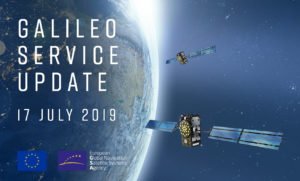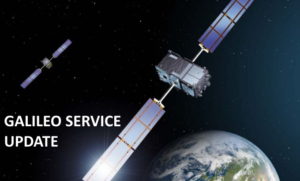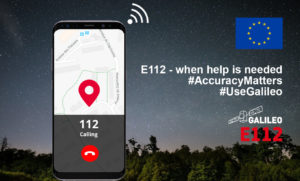The European GNSS Agency (GSA) together with Orolia, CNES, Enaire, Spanish Mission Coordination Centre (MCC), Spanish Rescue Coordination Center (RCC) and French MCC, have successfully performed end-to-end tests with the airlines Iberia and Air France on remote beacon activation using the Galileo Return Link Service (RLS). The tests helped to assess and validate the operational concept for a potential new use of Galileo to support fast response in distress situations.
The goal of the end-to-end test with Iberia and Air France, which was conducted on 16 and 19 September 2019 respectively, was to validate the operational concept for remote aviation beacon activation being developed by Eurocae Working Group-98 SG-1 RLS, as well as to test the usability of the end user interfaces. Read more…




